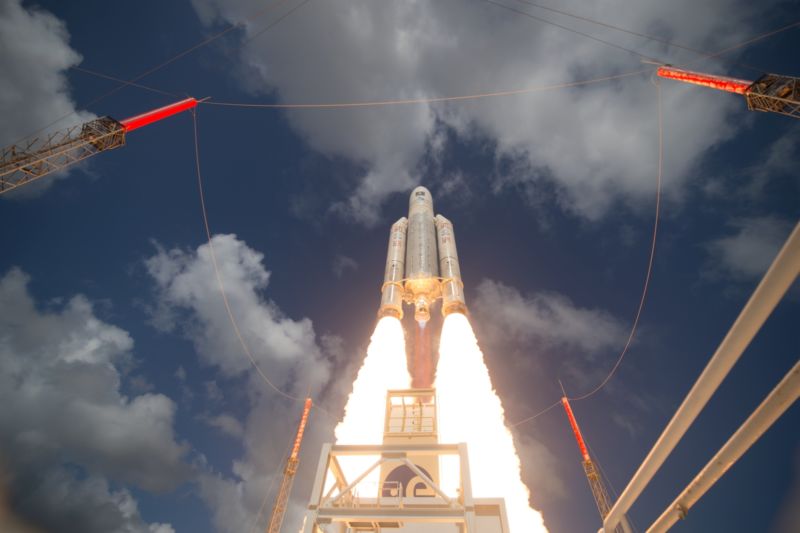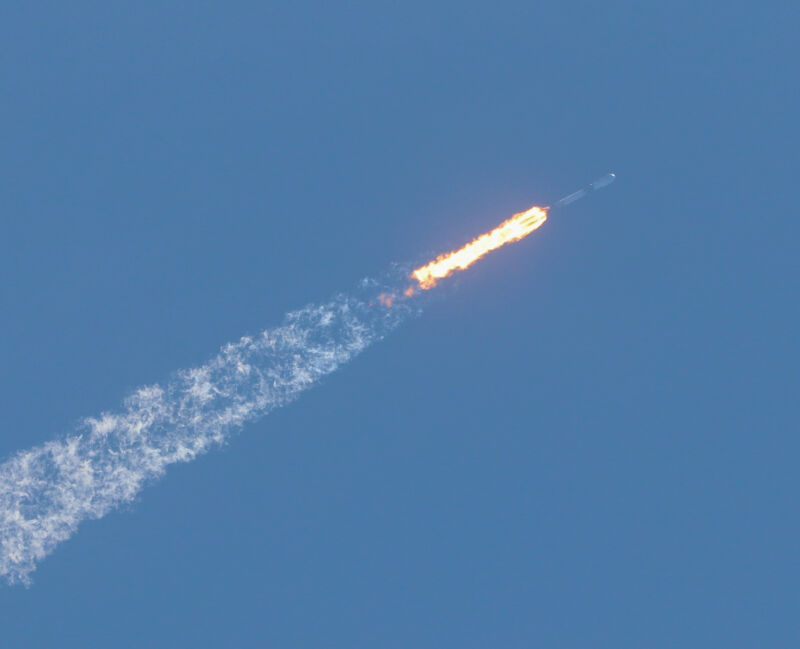-
 chevron_right
chevron_right
India, a growing space power, is forging closer ties with NASA
news.movim.eu / ArsTechnica • 6 July, 2023

Enlarge / Taranjit Sandhu, India's ambassador to the United States, signs the Artemis Accords in Washington on June 21. NASA Administrator Bill Nelson looks on from across the table. (credit: NASA/Bill Ingalls )
When India’s ambassador to the US signed up his country to the Artemis Accords last month, it signaled the world’s most populous country—with a growing prowess in spaceflight—could be turning toward the United States as a partner in space exploration.
India became the 27th country to sign the Artemis Accords, a non-binding set of principles among like-minded nations guiding a vision for peaceful and transparent exploration of space. The accords cover the international registration of human-made space objects, the open release of scientific data, and an agreement for nations not to claim territory on the Moon or other planetary bodies, among other tenets.
The Artemis Accords started under the Trump administration , an effort spearheaded by former NASA Administrator Jim Bridenstine and Mike Gold, an attorney and longtime space industry official. Bill Nelson, the NASA chief under President Biden, has embraced the accords. He said the principles are “just common sense.”





